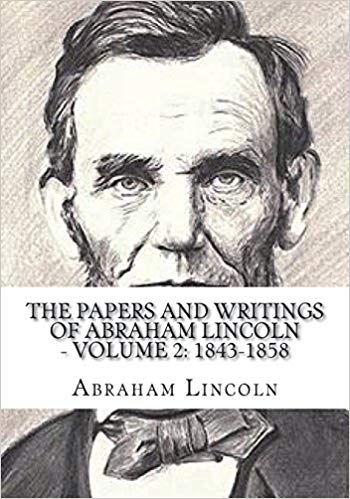The Dictionary of Seventeenth-Century British Philosophers: 2
by Vols Various
2020-09-16 15:59:01
The Dictionary of Seventeenth-Century British Philosophers: 2
by Vols Various
2020-09-16 15:59:01
'Like Thoemmes Press's The Dictionary of Eighteenth-Century British Philosophers (CH, OCt '99), this source defines philosopher in the broadest sense possible, including writers on theological and political topics who might be left out of other refer...
Read more
'Like Thoemmes Press's The Dictionary of Eighteenth-Century British Philosophers (CH, OCt '99), this source defines philosopher in the broadest sense possible, including writers on theological and political topics who might be left out of other reference volumes. Only some minor figures and a group of Ramist logicians, whose approach to logic was largely rhetorical, have been excluded. This approach yields two rich volumes with entries arranged alphabetically covering a large part of British intellectual life across an entire century. Less notable figures are likely to be dismissed in more general guides to philosophers. Hence, James Ussher and John Locke stand alongside Walter Werner and Damaris Masham, one of the women included. Poets like Andrew Marvell who treat philosophical themes are covered. Each entry has a bibliography of works by the philosopher and further readings, the latter including both biographical and specialized studies. There is some inconsistency in these citations, since further readings sometimes include contemporary reactions. Nonetheless, one cannot easily find elsewhere John Dryden's response to Whig resistance theory, Elias Asmole's interest in the occult, or Isaac Newton's contributions in many fields. Clear writing and well-chosen cross-references make this source all the more useful. Recommended for all research collections. T.M. Izbicki'One doesn’t usually browse multi-volume reference works for sheer pleasure, but the Dictionary of Seventeenth-Century British Philosophers is an exception. It is, of course, a serious and scholarly work, with authoritative entries on many important figures in intellectual history. But it is also a charming and very readable work that goes far beyond the narrowly philosophical, and covers the whole range of intellectual culture of the period. In addition to entries on such philosophical figures as Bacon and Hobbes, Locke and Cudworth, it contains informative and entertaining entries on Defoe and Browne, Hooker and Overton, Sydenham and Wren, and many, many others. All in all, the book is an absolute treasure.' Daniel Garber, co-editor of The Cambridge History of Seventeenth-Century Philosophy‘Philosophy has taken to reference works, biographies and histories like never before. Thoemmes Press has intelligently combined the three, first with the fine Dictionary of Eighteenth-Century British Philosophers and now with a similar work for the seventeenth century. The Dictionary of Seventeenth-Century British Philosophers promises to have all the considerable virtues of its predecessor, first of all astonishing breadth of coverage, substantial analysis even of the major thinkers, and very useful bibliographies of both primary and secondary literature.’ Knud Haakonssen'The entries are extremely clear, well-informed, and displays a genuine insider's knowledge of the major and minor figures of the period.'Tom Sorell, editor of the Cambridge Companion to HobbesThe Dictionary of Seventeenth-Century British Philosophers is a completely new reference work which, like its forerunner the hugely successful Dictionary of Eighteenth-Century British Philosophers, is quite remarkable in its scope. Earlier works on the subject have construed 'philosophy' narrowly, whereas this Dictionary covers not just logic and metaphysics, ethics and epistemology but also those many aspects of religion and politics, mathematics and science that are of philosophical significance. Where those earlier works concentrated on a handful of central figures and canonical texts, the Thoemmes Dictionary contains entries on over 400 figures: Bacon, Hobbes and Locke are here, as are Digby, Cudworth and Glanvill. But there are also entries on John Lilburne the leveller, Robert Ferguson 'the potter' and Thomas Tyron, an early vegetarian. These more minor figures provide important study material for the seventeenth-century scholar, and yet information on them is hard to find in the traditional sources. Our broad scope also allows inclusion of many figures well known to historians of other disciplines. The Dictionary has entries on mathematicians such as Napier and Oughtred, Barrow and Wallis; natural scientists like Gilbert and Harvey, Boyle and Newton; theologians like Hooker and Chillingworth, Baxter and Stillingfleet; writers like Milton and Marvell, Dryden and Defoe. All these figures are of philosophical importance and interest. Entries include biographies, assessments and bibliographies for each subject. The text places the figure in the social as well as intellectual context of the day and critically assesses their central claims and doctrines as well as their overall place in the history of philosophy. Bibliographies contain the author's own works together with a selection of secondary literature. A system of cross-references makes it easy for the reader to pursue connections and influences. —2 volumes of newly written material —more than 70 expert, acad
Less



















.jpeg)



.jpg)





